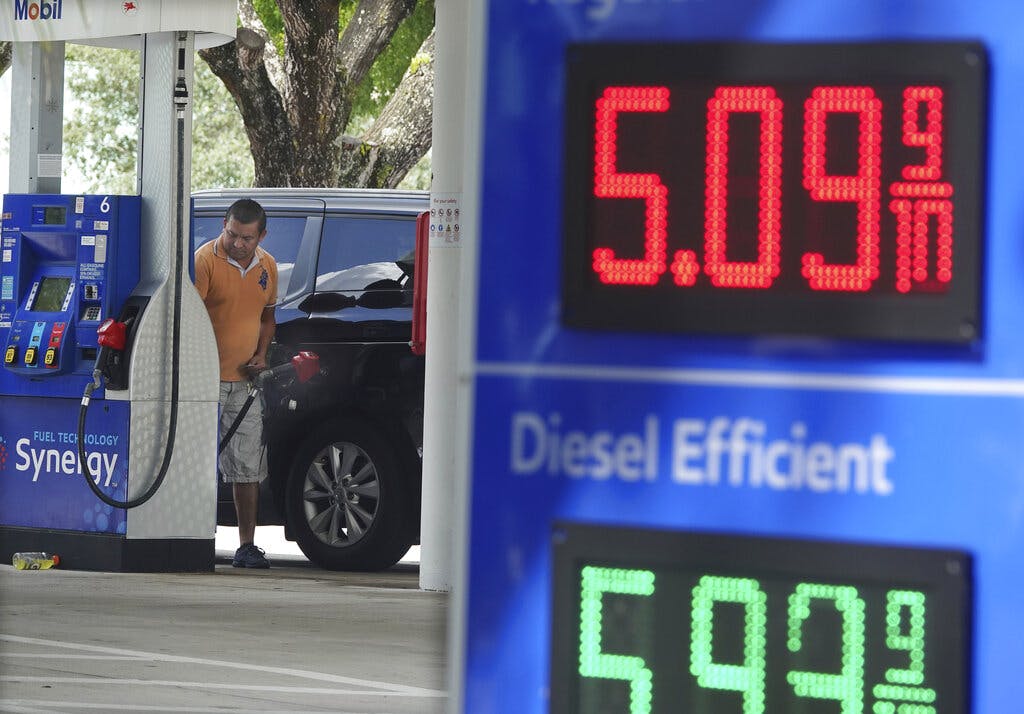
The GOP Will Beat History in the Midterms by Sticking to Its America-First Values
By LAWRENCE KUDLOW
|California’s average regular unleaded gas prices are already $5.27 a gallon, nearly $2 higher than the national average of $3.61, data show.

Already have a subscription? Sign in to continue reading

By LAWRENCE KUDLOW
|
By MATTHEW RICE
|
$0.01/day for 60 days
Cancel anytime
By continuing you agree to our Privacy Policy and Terms of Service.
By LUKE FUNK
|